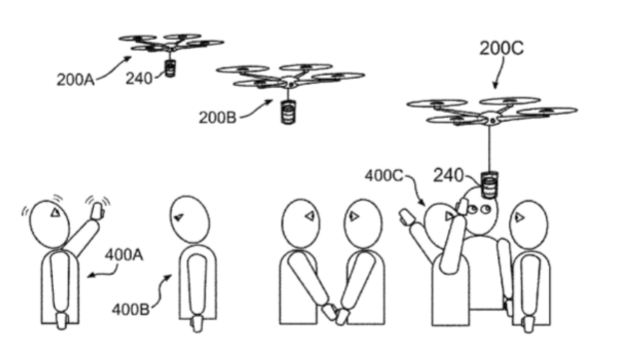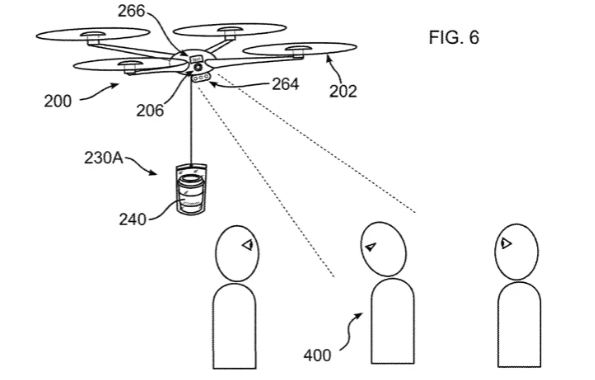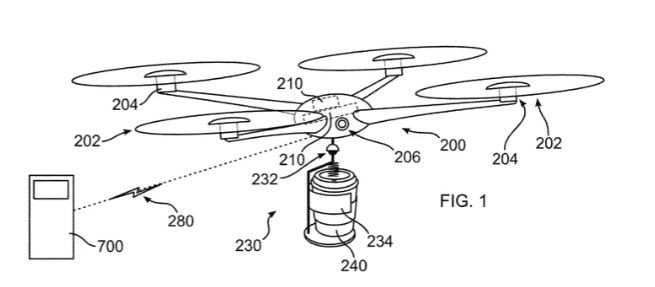TECHNOLOGY CAN REDUCE THE IMPACT OF CORONA VIRUS WITHIN THE WORKPLACE.
The Corona virus outbreak has had a huge impact on the world. Continued precautions recommended by health experts have seen the postponement of many public events. Sporting events, movie releases, music concerts have all been cancelled. It has even led to the Special Olympics being postponed.
One environment in particular facing absolute disruption is the workplace as workers are being sent home or businesses are shutting down until the outbreak has ceased. The hospitality sector is a clear example of this. Hotels bookings have dropped 15% throughout the UK and custom for restaurants has also declined with the postponement of the six nations Rugby Match against Italy. Premiership games set to play out this week have also been called off.
Companies are looking at other options such as working remotely from home. Working remotely is now a more common practice and has been made more possible by the rise of technology.
Best cloud computing services – at a glance
The cloud has also proven to have become a huge asset in the midst of this outbreak and become a solution to the problems faced by businesses and schools. Team meetings and collaborations are now being hosted via the cloud. Education has now too joined the cloud so students can still keep learning whilst being at home without their education being disrupted by the corona outbreak. Indeed technology has proven how in the face of a crisis like this it can provide solutions that will benefit both employees and employers.
In the meantime, here are three tips to reduce the impact of Coronavirus within the business.
- Build resilience into your businesses. Form you own continuity plans on how your business will deal with COVID-19. Having good plans in place is just good business practice so if you haven’t any in place then taking a bit of time now to do so will be best for your business all round. Some of this summary by Allen & Overy is perhaps aimed at large businesses but a lot may be relevant to consider for SME’S also:
A few points to have in mind would be:
- How will you continue to operate your business should home-working be required?
- How will you manage resources should someone in your business have COVID-19 or need to self-isolate?
- How will you manage contractual risks should you default due to COVID-19?
- How will you manage finances should COVID-19 impact your business?
- How will you manage your supply chain?
- How will you managing your customer/client relationships?
- Have you got business continuity insurance in place?
- Keep up to date with government advice and information. Of particular interest to you will be the advice in respect to employers and businesses:
- Please keep the your Team informed of:
- Recent and future travel plans for your staff
- Any instances of self-isolation,
- Any instances of suspected or confirmed cases of COVID-19.
As an employability business, we work with cloud technologies to allow us to conduct client meetings and candidate interviews. This will reduce the amount of travel and face to face connection required throughout the recruitment process. For more information on how we can help you meet your recruitment demands virtually please get in touch with one of our consultants via hello@digiskills.agency




